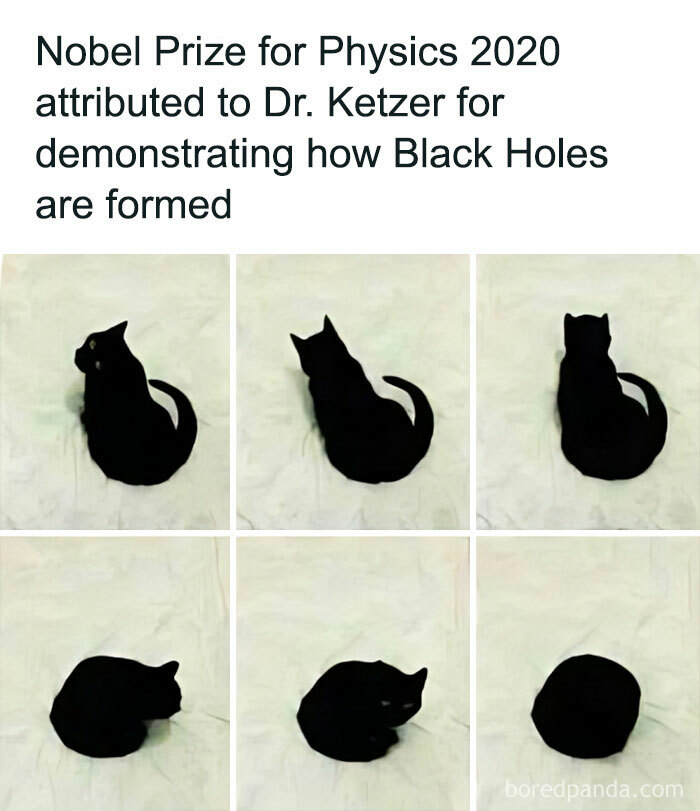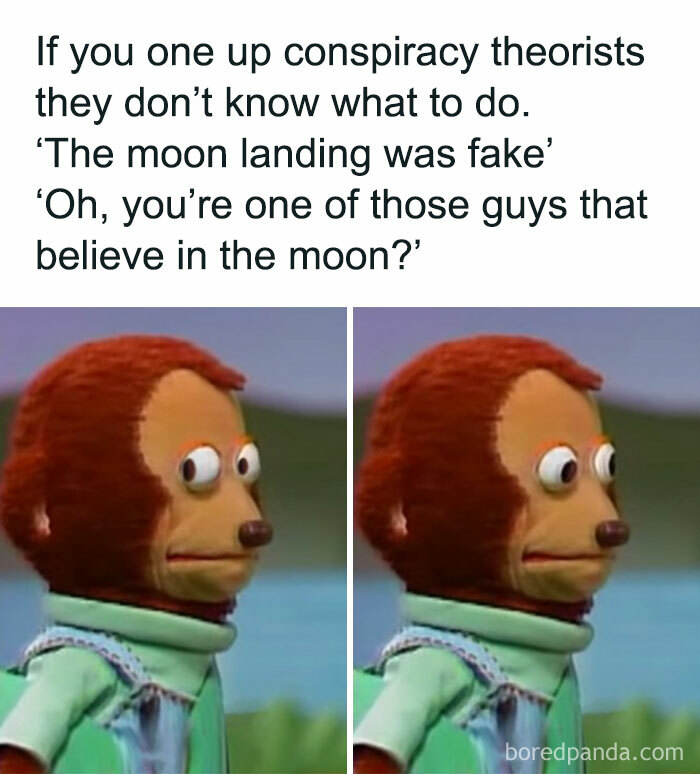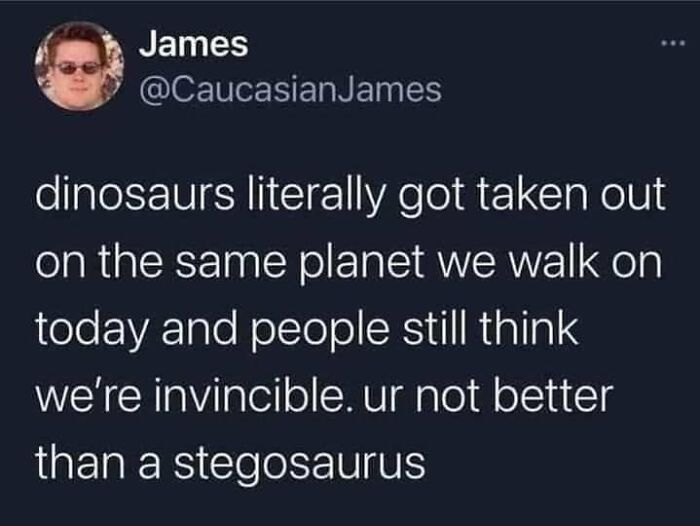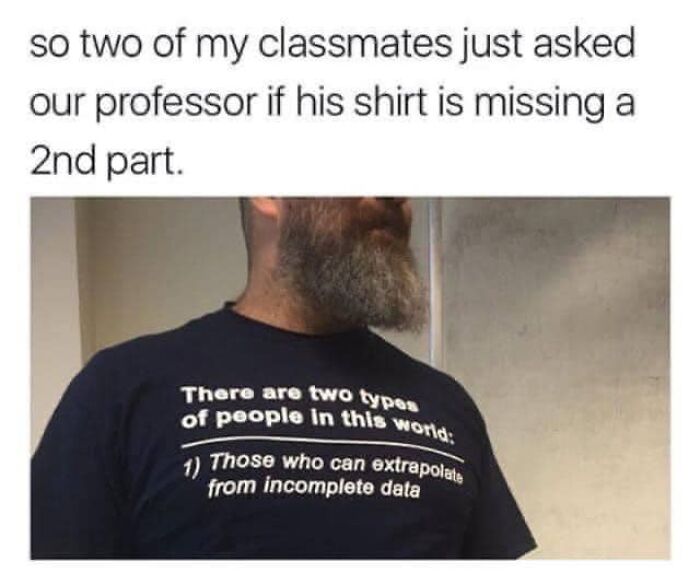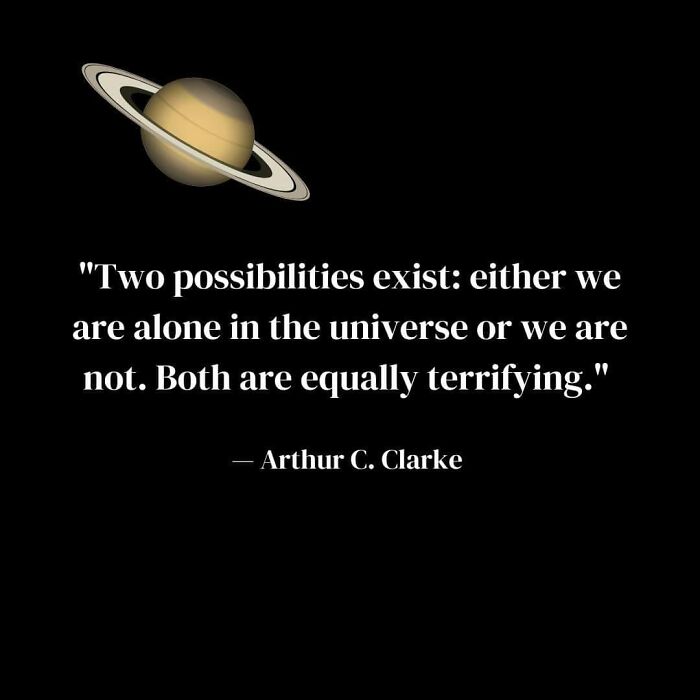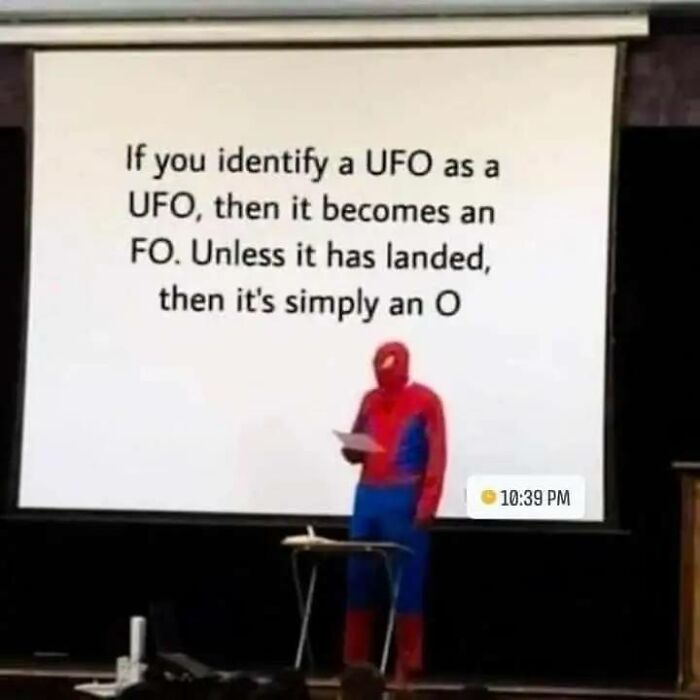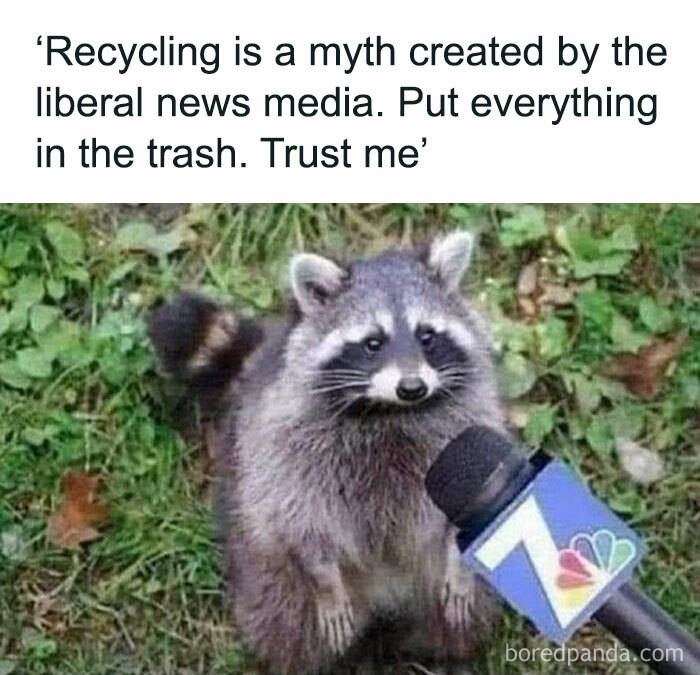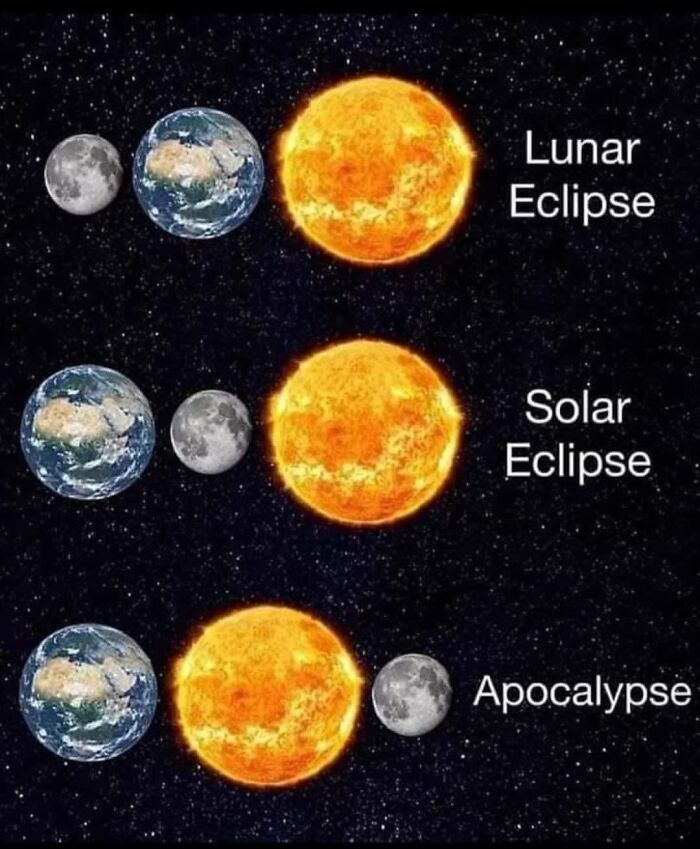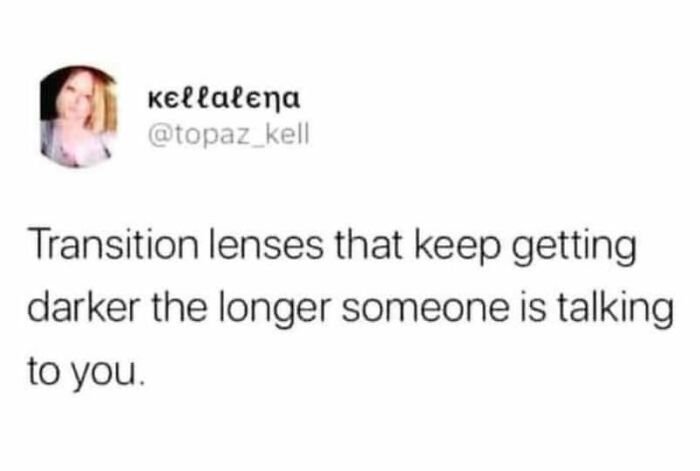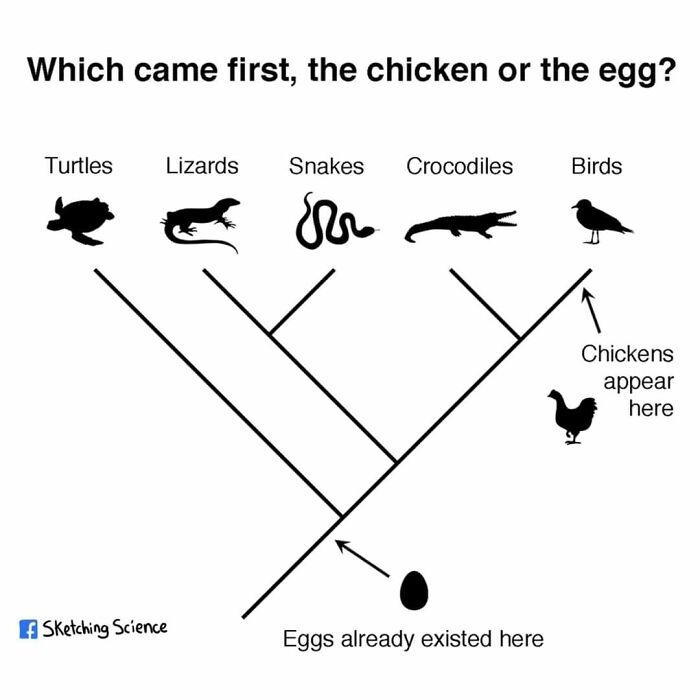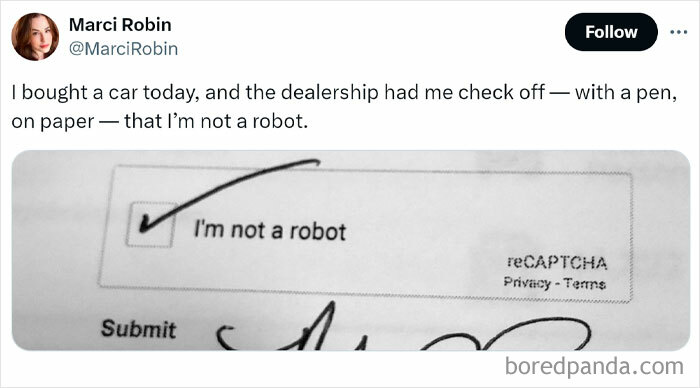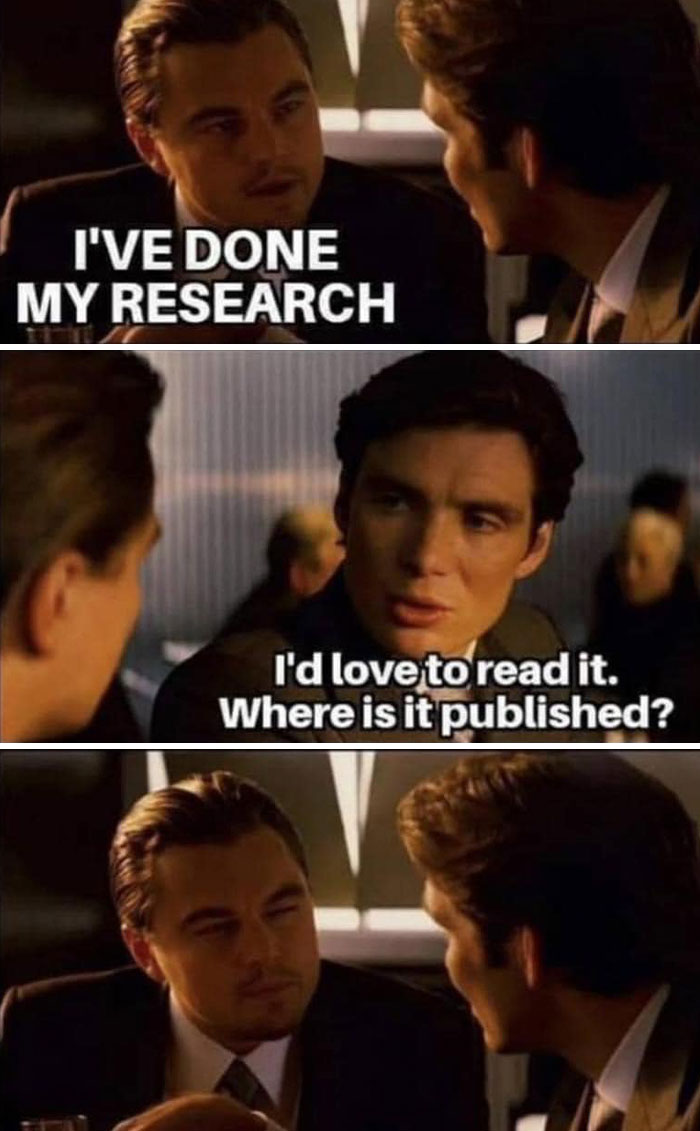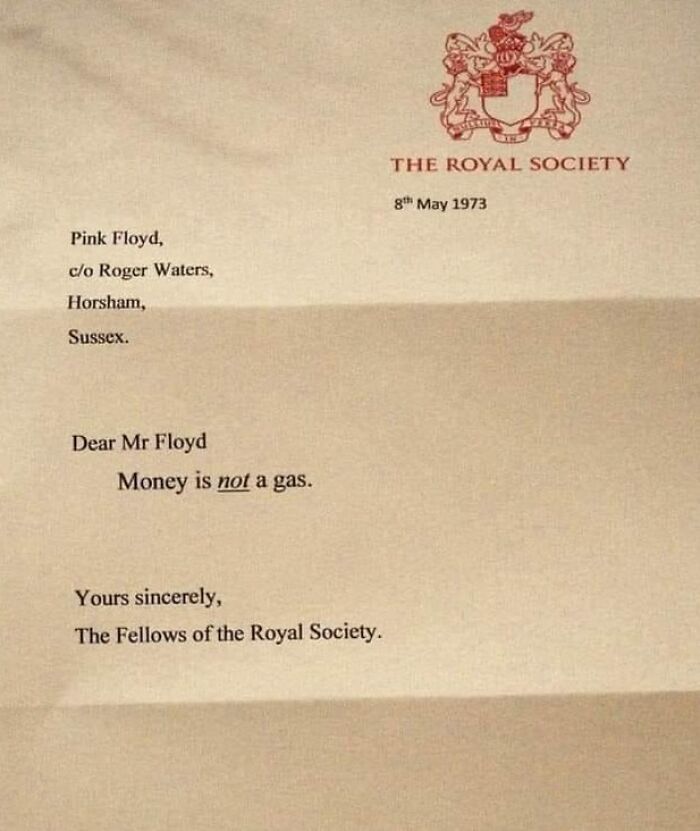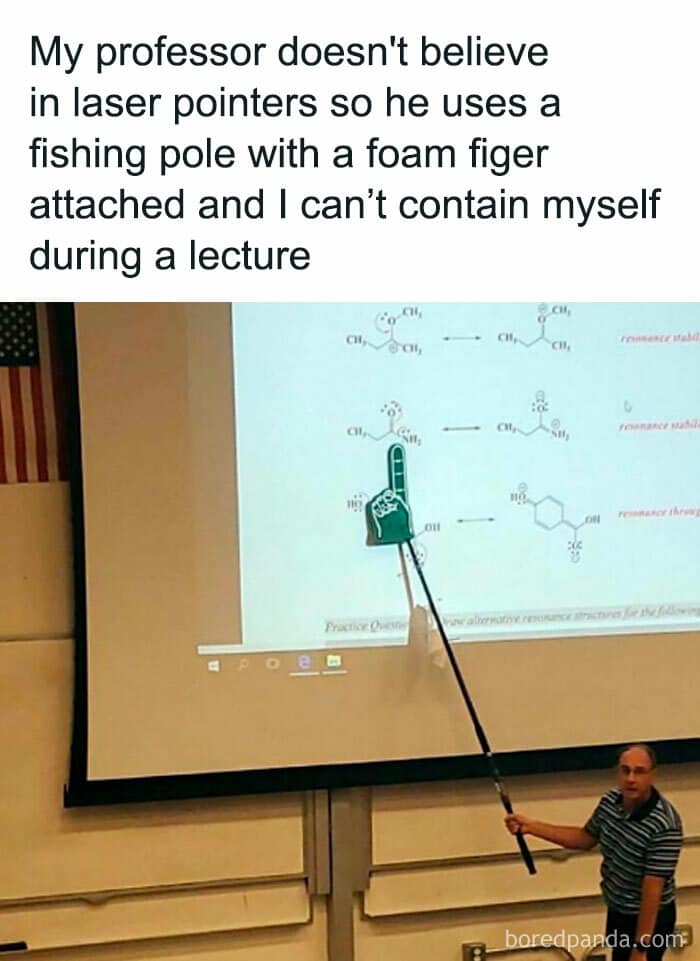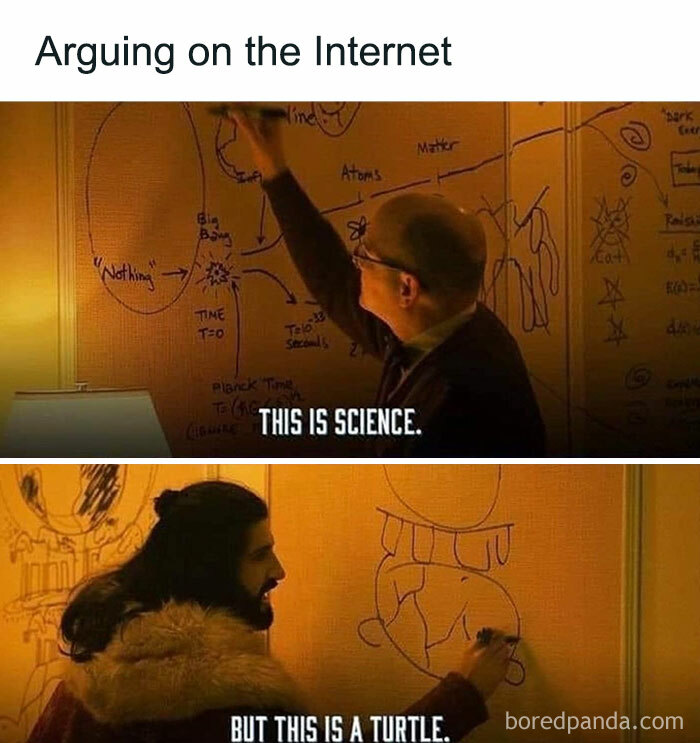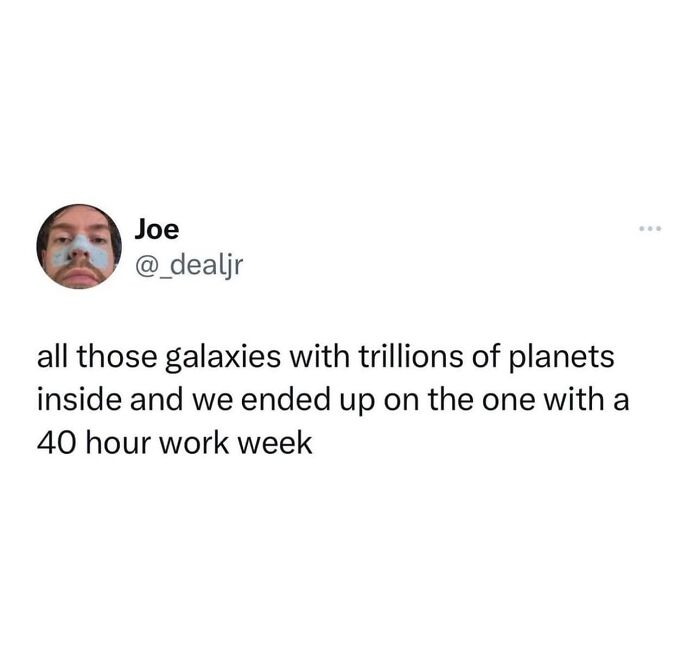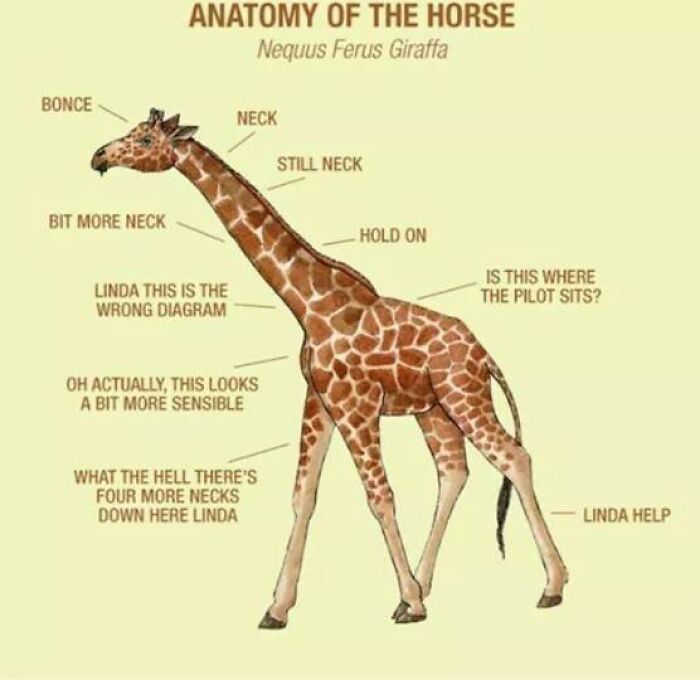We’ve collected posts from the Darker Side of Science Facebook group. While it does feature some shocking facts, we focused on the lighthearted memes about the anatomy of a giraffe, chemistry puns, and astronomy jokes worth a punchline drumroll (ba dum tss!). Browse through this list and have a few chuckles with like-minded peers. In addition to these photos and memes, the page also shares articles from IFLScience. This website delivers information in an entertaining yet educational way. University of Colorado professor Dr. Peter McGraw and his colleagues developed the benign violation theory. Simply put, it states that a comedic element exists in a tragic event only after a significant amount of time has passed. “There needs to be something wrong,” McGraw said in an interview with ZME Science. “That’s what’s sort of the counterintuitive part of humor. It’s generally this good, beneficial thing, but it has its roots in potentially negative experiences.” “When I was first told about that, I laughed, because it seems unreal — what parent would let their kids smoke cigarettes?” McGraw said. “The fact that the situation seemed unbelievable made it benign. Then when I saw the video of this kid smoking, it was no longer possible to laugh about it.” Researchers said tackling serious matters like climate change became easier because “laughter disarms people.” A research paper published by science education consultant Dr. Sai Pathmanathan mentioned popular cartoons like Spongebob SquarePants and Phineas and Ferb as examples of how they helped U.K. children learn general knowledge. “If people can laugh with/about science, then they won’t be as intimidated by it, and will perceive that science is a very human endeavor,” he said. “Not some monolithic process hiding behind the walls of academia and curated by emotionless intellectuals.” “Humor being so subjective and emotive, a person to whom it isn’t ‘natural’ trying to do funny in a half-assed way can be much more grating or off-putting than them just presenting their info straight,” he said. “[It] should be seen as a useful tool, rather than a requirement.” “Assume the audience is at least as smart as you are, but doesn’t know what you know. This is a useful rule for making sure you are informative but not preachy, and not condescending.” Follow Bored Panda on Google News! Follow us on Flipboard.com/@boredpanda! Please use high-res photos without watermarks Ooops! Your image is too large, maximum file size is 8 MB.
